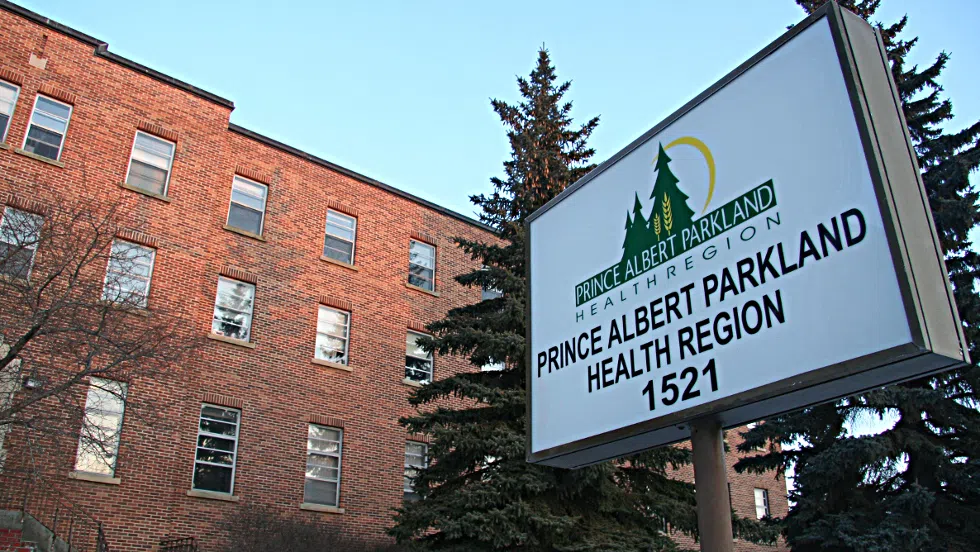
PAPHR, local contractors don’t see eye-to-eye on new building
The Prince Albert Parkland Health Region (PAPHR) is weighing its options when it comes to the new 22-unit residence it is hoping to have ready later this year, and this includes the possibility of turning to a modular housing firm.
And that comes to the chagrin of local traditional builders, which comprise the membership of the Prince Albert Construction Association.
The PAPHR issued a request for proposal (RFP) for modular housing units, which closed on Jan. 30. Modular units are prefabricated – or pre-built – in sections and are shipped via flat-bed trucks to their final destination, where they are assembled.
The PAPHR is looking to replace the temporary housing that was available at the old Pineview Terrace facility. This option is no longer available to the PAPHR now that the property has been sold.


